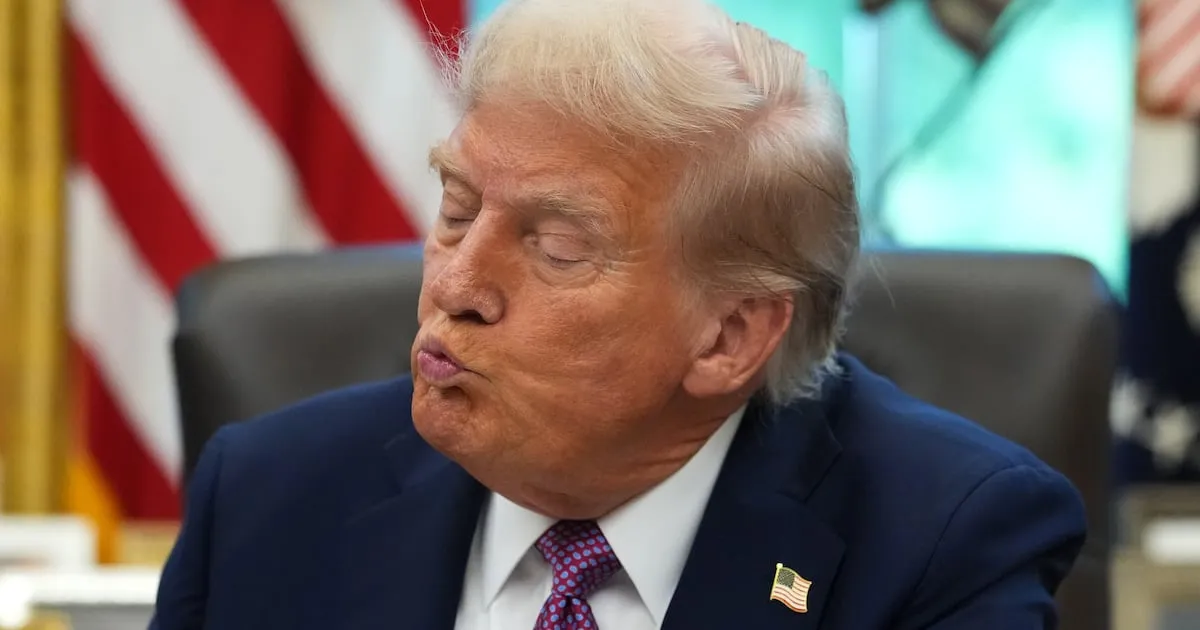
The editorial board of The Wall Street Journal has delivered a pointed and critical response to the dismal jobs report released in August, placing significant blame on President Donald Trump and his controversial tariff policies. Owned by media mogul Rupert Murdoch, the conservative publication argues that Trump's approach is undermining the very sectors he pledged to protect, including mining and manufacturing.
The editorial states, “What Mr. Trump needs is a broad revival in business confidence of the kind that accompanied his November victory and appeared before his tax on imports and willy-nilly interventions in private business decisions.” The board emphasizes a critical point: “Repeat after us: Tariffs are taxes, and taxes hurt economic growth.” This assertion gains credibility from the recent job report, which highlights a troubling trend in the job market.
According to the job report released on Thursday, the manufacturing sector alone lost 12,000 jobs last month, contributing to a total loss of 38,000 jobs in 2025. Other sectors that heavily rely on tariffs have similarly suffered. The modest job gains reported were primarily in the fields of social assistance and healthcare, which collectively added 46,800 new jobs, albeit largely funded by government spending. Despite these additions, The Wall Street Journal characterized the overall economy as having “stalled.”
In stark contrast, during the administration of former President Joe Biden, the economy averaged 167,000 new jobs each month. Since the implementation of Trump’s “liberation day” tariffs on April 2, the average has plummeted to a mere 27,000 new jobs per month. This stark decline raises questions about the efficacy of Trump's economic strategies.
In response to the faltering economy, President Trump has shifted blame onto the Federal Reserve for not lowering interest rates adequately, as well as to those responsible for compiling the employment statistics. In a controversial move, he even dismissed the commissioner of the Bureau of Labor Statistics following the release of the unfavorable job report. However, subsequent data continues to indicate persistent challenges in the job market.
Despite mounting evidence against his tariff policies, Trump remains steadfast in his approach, even as legal challenges loom. The Wall Street Journal argues that the most beneficial outcome for the economy would be for the issue of tariffs to reach the Supreme Court, where it could be ruled that the administration's import duties are illegal. Recently, a federal appeals court determined that Trump’s tariffs—imposed under the International Emergency Economic Powers Act—were unlawful, as the act does not provide the president with the authority to impose such tariffs.
In conclusion, the editorial board of The Wall Street Journal presents a compelling argument about the potential ramifications of Trump's tariff policies on the U.S. economy. As the job market continues to show signs of strain, the discussion around tariffs and their impact on economic growth remains a critical topic in the current political landscape.